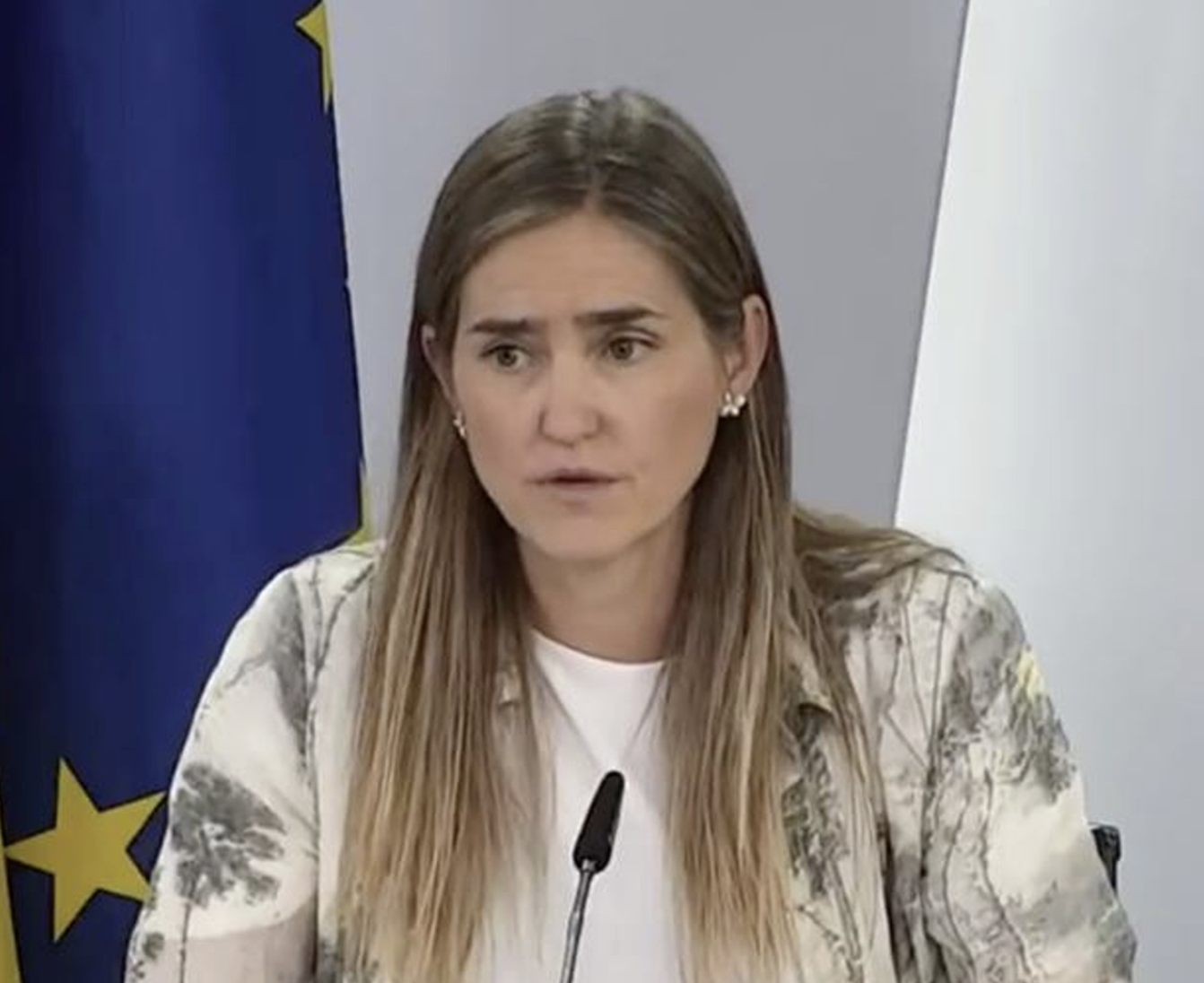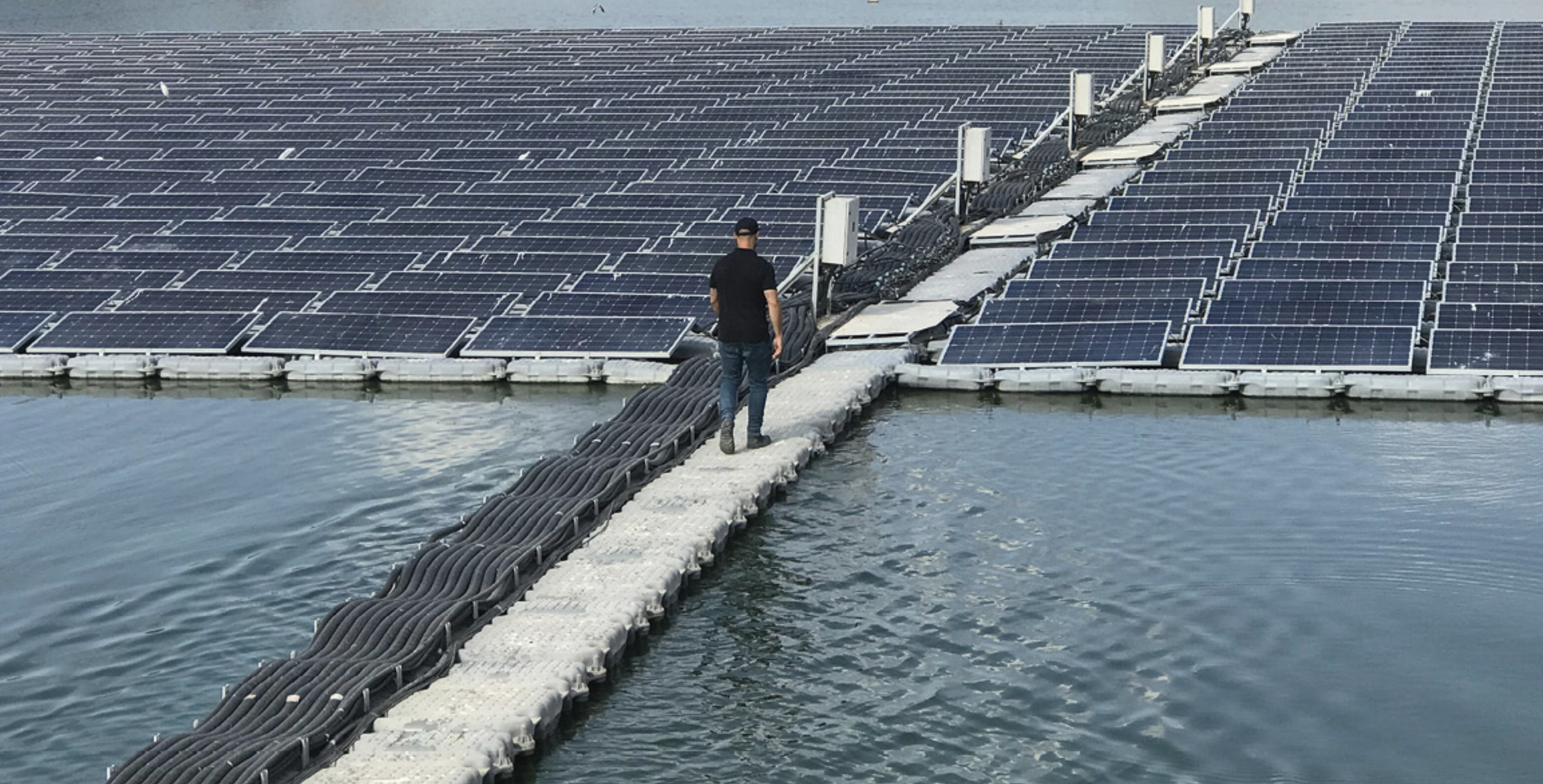Overvoltage, chain reaction, improper disconnections behind Spain’s blackout
Spain’s Minister for the Ecological Transition, Sara Aagesen, has presented an official report on the April 28 blackout. She also announced 11 measures to strengthen grid stability and prevent future incidents.

Spain’s Minister for the Ecological Transition, Sara Aagesen, has presented an official report on the April 28 blackout. She also announced 11 measures to strengthen grid stability and prevent future incidents.
From pv magazine Spain
Sara Aagesen, Spain’s ecological transition minister, has presented a report on the April 28 electricity crisis, identifying a multifactorial origin.
She said three main factors pushed the system past a “point of no return”: insufficient voltage control capacity, fluctuations due to system constraints, and generation disconnections she described as “apparently improper.”
In other words, voltage was not regulated due to poor planning by the system operator, and several generators failed to perform as required.
Aagesen detailed several anomalies in the electrical system on April 27 and the morning of the blackout. “There was already instability from nine in the morning,” she said, adding that “various calls were made from the control centers.”
But on the day of the incident, she explained, the outage was triggered by “a phenomenon of overvoltages, a chain reaction, and generation disconnections that in turn caused further disconnections.”
Voltage control
On one hand, the system lacked sufficient dynamic voltage control capacity.
“The generation units that should have controlled voltage did not absorb all the reactive power that was expected in a context of high voltages,” she said, referring to synchronous generation plants – nuclear and hydroelectric – and combined cycle plants, which failed to absorb voltage as expected and contributed to the overvoltage.
“The thermal generation units that should have controlled voltage, and which are financially compensated for doing so, did not absorb the power,” noted Spanish PV association UNEF. “All the reactive power that was expected in a context of high voltages.”
The second factor involved system oscillations. The operator applied corrective measures, but those actions increased system stress.
Aagesen said grid operator Red Eléctrica de España (REE) had “sufficient generation capacity to respond.” “But the electricity system operator did not schedule the day before all the generation necessary to control an overvoltage episode.”
Third, generators disconnected as sustained high voltage before the blackout caused safety trips. At 12:33 p.m. (CEST), several generating plants tripped out of the acceptable operating range, said Aagesen.
Missing data
The minister said she regretted that the report did not include all information requested from the parties involved. ENTSO-E previously flagged this shortfall in a letter to her.
She also announced a Royal Decree‑Law package of 11 measures to control voltage – eight related to system operation and three to strengthen cybersecurity.
“There is no evidence of a cyberattack,” she explained. “However, vulnerabilities have been identified that could expose networks or systems to potential future risks … This report should be understood as an analytical tool and, above all, as a tool for action. An opportunity to strengthen what works and review what can be improved.”
UNEF noted that photovoltaic technology can already control voltage, but current regulations prevent its use for that purpose.
“From the photovoltaic sector, we positively value the announcement made today by Minister Sara Aagesen that the approval of the Operation 7.4 procedure will be accelerated, which will allow photovoltaic technology to contribute to controlling grid voltage,” said the Spanish PV association. “It is also time to accelerate the implementation of other technologies already available and that are key to maintaining stable voltage levels, managing variability, and ensuring energy security based on renewable energy, such as grid‑forming inverters (pending approval by European regulations) and storage.”
What's Your Reaction?


























































